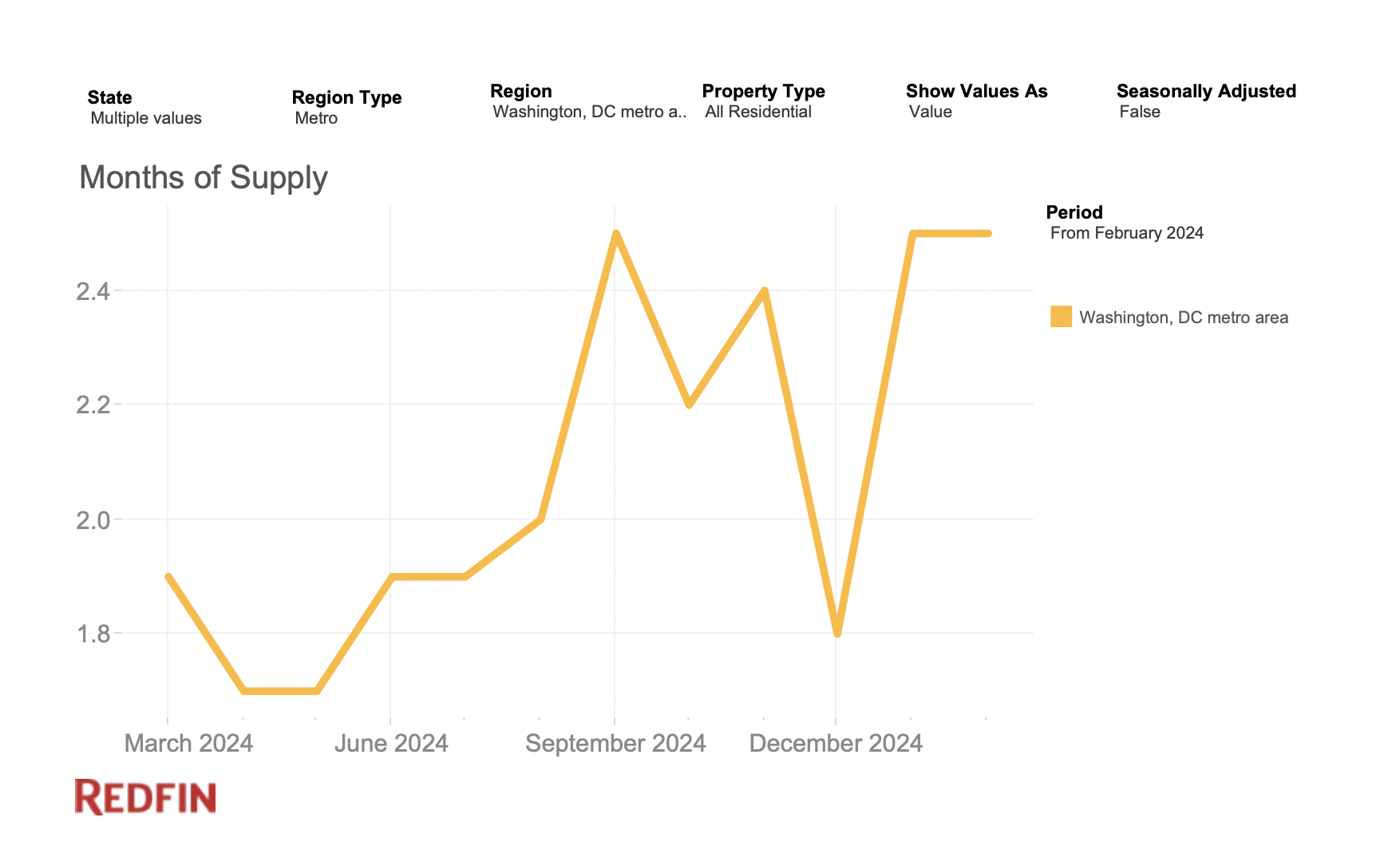In the world of real estate, there's no shortage of opinions about Redfin; we know, it's super duper high tech...and before I go on, I'll start by saying they have lots of fantastic agents, and I am happy to see them on the other end of deals, they know how to transact better than most. This is not a slight toward its agents.
-1.png?width=523&height=523&name=Untitled%20design%20(12)-1.png)
However, as a company boasting a mission to "redefine real estate in the consumer's favor," it might come as a surprise to some that there are significant discrepancies between its mission statement and its actual practices. Here's a candid and straightforward look into the incongruencies and issues surrounding Redfin's website and agent practices that have real consequences, in my opinion negative, on our industry.
The Field Agent Flaw
This is an anecdotal story that inspired this post. On a recent listing of mine, the sellers faced considerable challenges showing the home: they both worked from home and owned three dogs.
Despite this, they went to great lengths to accommodate requests and kept the house impeccably staged. However, an issue surfaced: a disproportionate number of showings came through Redfin instead of traditional agents.
This might initially sound promising, but let me clarify: Redfin's system allows would-be buyers to schedule showings almost impulsively.
This "click-and-go" approach led to a disturbing pattern—multiple instances of showings getting scheduled, canceled, and then rescheduled, disrupting my sellers' professional and personal lives.
What's worse, Redfin field agents—those who conduct the showings—have no established relationships with the buyers. As a result, we've experienced situations where field agents showed up, but the buyers did not. This isn't just an inconvenience; it's a security risk, especially with minimal pre-screening or verification has been done.
The field agents' lack of familiarity with the buyers also impedes the feedback loop. While sellers naturally want to know how the showing went, these agents usually can't offer any meaningful input. They're essentially locked out of a crucial part of the seller-agent dialogue, a process that should be anything but superficial.
The "uber" effect of looking at homes degrades our industry, creates an unrealistic expectation of looking at homes, and, most importantly, puts agents, sellers, and property in precarious situations.
Misrepresented Square Footage
Redfin often presents a property's square footage as fact, akin to listing price or number of bedrooms. However, the square footage displayed is commonly a combination of verified county records, generally reliable, and agent guesstimates—often erroneous. This lack of precision poses problems, as square footage is pivotal in evaluating a home's value.
-1.png?width=523&height=523&name=Untitled%20design%20(13)-1.png)
In practical terms, consider a home with 2,500 square feet above grade. A listing agent might estimate the basement to add an additional 1,000 square feet, and Redfin would display this 3,500-square-foot figure without caveat.
Another agent, however, may meticulously measure the basement to find it's actually just 700 square feet. Now, the total size of the home is only 3,200 square feet. This inconsistency is not only unfair but misleading for prospective buyers.
The ramifications extend beyond just numbers. Redfin calculates the price per square foot based on these inflated figures, skewing the perceived value. Using the example above, a $500 per square foot rate would translate to a $150,000 discrepancy due to the difference.
Keep in mind, when utilizing PPSF as a means for determining value, one should mainly emphasize the above-grade square footage.
What's the solution?
A simple, transparent disclaimer at the top of the listing could clarify that the size is an estimate. While Redfin does disclose this deeper in the details section, it's easily overlooked, leaving room for buyer misconception.
The Illusion of "Hot" Listings
Redfin's "hot" homes feature generates a buzz around certain properties, but what makes a home "hot"? There's no transparent criterion, leading to potential misconceptions among buyers and sellers.
An arbitrary "hot" status can pressurize buyers into rash decisions, believing there's a heightened demand for a particular property.
Concurrently, sellers might overestimate their property's worth, leading to unrealistic expectations and potential listing stagnation.
Ask any seasoned agent, and they'll tell you they constantly have listings listed as "HOT" that are often anything but "hot." Once a "hot" property sits on the market for a few days or has a price reduction, they remove the tag, and there is no consequence except confusion and frustration.
Urgency Overdrive
Prompts like "tour before it's gone!" or "hurry!" scattered throughout the website might be great from a marketing perspective and encourage clicks, but when it comes to real estate, they're counterproductive.
-2.png?width=523&height=523&name=Untitled%20design%20(14)-2.png)
These calls to action often generate unwarranted urgency, potentially rushing buyers into hasty decisions, thereby compromising their ability to make well-informed choices. For a company that takes such a moral high ground and works to create a better experience for consumers, it seems like a lot of unwarranted and unproductive stress.
The "Premier Agent" Paradox
Equality seems to be a flexible concept for Redfin when it comes to its agents. By reserving their most skilled agents for higher-priced homes, Redfin inadvertently sidesteps those clients who might benefit most from expert guidance – the entry-level or lower-priced home buyers. This two-tiered system not only perpetuates the industry's elitism but also risks placing less experienced clients in the hands of less experienced agents.
In my experience, no other brokerage employs this tiered approach to agent assignment based on property value. The glaring issue for me is that the commission rate generally remains constant regardless of the service level you receive. It's an entirely different ballgame if superior service corresponds to a higher commission; that's at least understandable.
However, if top-tier service is selectively reserved for pricier properties, it raises ethical questions. Imagine being automatically assigned to a less experienced agent merely because your property doesn't hit a certain price point. It's not just problematic; it's fundamentally unfair.
Conclusion
While Redfin's technological prowess, consumer-friendly approach, and cost savings approach are commendable, there are glaring gaps between its stated mission and the real-world implications of its practices. There are easy fixes to everything above, but then they might get fewer clicks, which might not be something they can afford. As with all real estate platforms, it's essential for consumers to approach with a discerning eye and a hefty pinch of skepticism. And, as always, knowledge remains the most potent tool when it comes to decision-making, but sometimes it's not so straightforward.
* Disclaimer
The views and opinions expressed in this article are solely those of the author and do not reflect the official policy or position of any other agency, organization, or company. This article is an opinion piece and is intended for informational purposes only. The author has no affiliation with Redfin Corporation or any of its subsidiaries, and the commentary should not be interpreted as an endorsement or condemnation of Redfin's practices. Readers are encouraged to conduct their own research and reach their own conclusions.

Khalil El-Ghoul
Khalil El-Ghoul is a seasoned real estate broker actively helping sellers and buyers throughout Northern Virginia, DC, and Maryland. Known for his no-nonsense approach, Khalil combines expert market insight with honest, objective advice to help buyers and sellers navigate every type of market—from calm to chaotic. If you’re looking for clarity, strategy, and a trusted partner in real estate, he’s the one to call. 571-235-4821, khalil@glasshousere.com





